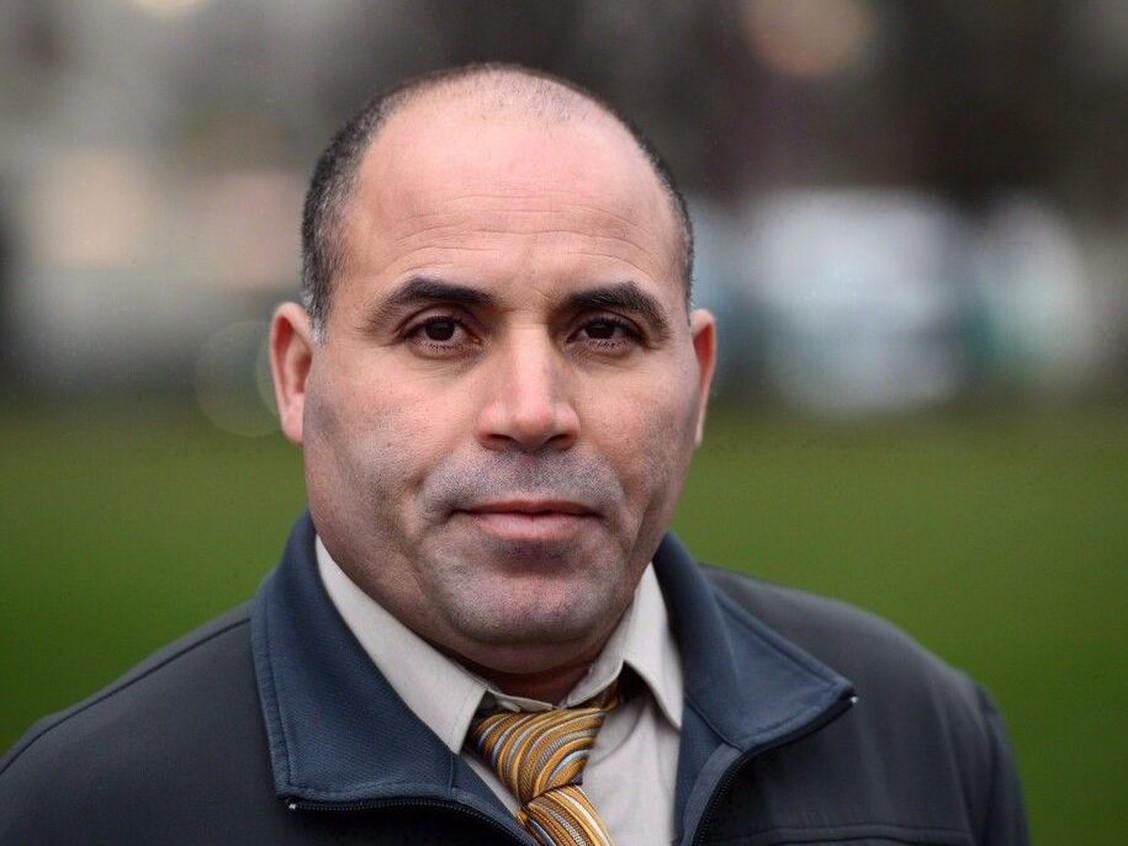Canada, Haven for War Criminals and Terrorists
"The absence of evidence that Mr. Harkat committed any specific act of terrorism does not make his role as the operator of the guest house any less significant or severe.""[Such guest houses played] a pivotal role [in the secure, international movement of terrorists.""[Mohamed Harkat should be deported for facilitating [terrorist acts -- even if he did not personally engage in an act of violence]."Federal lawyer Bernard Assan
 |
The federal government through its agencies has been trying for no fewer than 22 years to deport Algerian-born Mohamed Harkat, classified as a convention refugee. In any such situation, and there have been ample such over the years, there are appeals at various government judicial levels that habitually take years of adjudication before such a deportation can be effected -- if at all.
Federal lawyers involved in this long-running case, state that Harkat's conduct facilitated terrorist acts, making him effectively complicit in those acts of terrorism. A statement delivered at a Federal court hearing that took place this week. The latest step in this deportation process that has been so immensely prolonged.
A Federal Court judge back in December of 2010 found Harkat to have operated a guest house in Peshawar, Pakistan for Ibn Khattab, Chechen rebel leader. His role was critical in helping to move mujahedeen fighters in and out of training camps in Afghanistan. Those 'mujahedeen' considered terrorists by all the NATO countries whose military coalition had entered Afghanistan to oust the Taliban and, led by the United States, search for the presence of Osama bin Laden, sheltered by the Taliban, were in operation when Canadian troops were assigned to that mission.
The decision was put before an immigration official, whether convention refugee Harkat should be permitted to remain in Canada, considering the 'nature and severity' of his activities. Harkat was ordered deported by the minister's delegate who reasoned that, as a member of the Khattab group, Harkat was complicit in the terrorist acts committed by Chechen rebel leader Shamil Basayev, responsible for some of the bloodies atrocities of the Chechen conflict.
The Khattab and Basayev groups were described as "a system of systems" allied with Osama bin Laden's al-Qaeda terror group. The current hearing is likened to a judicial review of the delegate's opinion that deportation should proceed, despite Harkat's contention that should he be sent back to Algeria he would be tortured or persecuted there. It will be up to Judge John Norris of the Federal Court to determine whether the opinion issued in October 2018 is legally fair and reasonable.
The judge was urged by Barbara Jackman, lawyer for Harkat, to quash the minister's opinion; her argument being it was unreasonable to deport a convention refugee to a country where he may face torture based on links to terrorism, a traditional Canadian convention of deportation decisions, on the basis that she claims the government failed to establish a direct link between the work undertaken by Harkat at the guest house and an actual crime.
The judge enquired of Assan what "theory of liability, of complicity" the government relied on to connect Harkat to acts of Chechen or al-Qaeda terrorism in the years follwing his 15-year tenure at the Peshawar guest house. Assan in response, pointed to the "ripple effect" of providing terrorists with secure places to stay while en route to training camps or to Chechen battlefields; material support that aided terrorism.
 |
| Mohamed Harkat, who was arrested in 2002 and accused of being an al-Qaeda sleeper agent, has claimed that he faces torture or death if returned to Algeria. (Adrian Wyld/Canadian Press) |
Labels: Algerian National, Canada, Convention Refugee, Mohamed Harkat, Pakistan Safe House, Sanctuary for Terrorists

0 Comments:
Post a Comment
<< Home